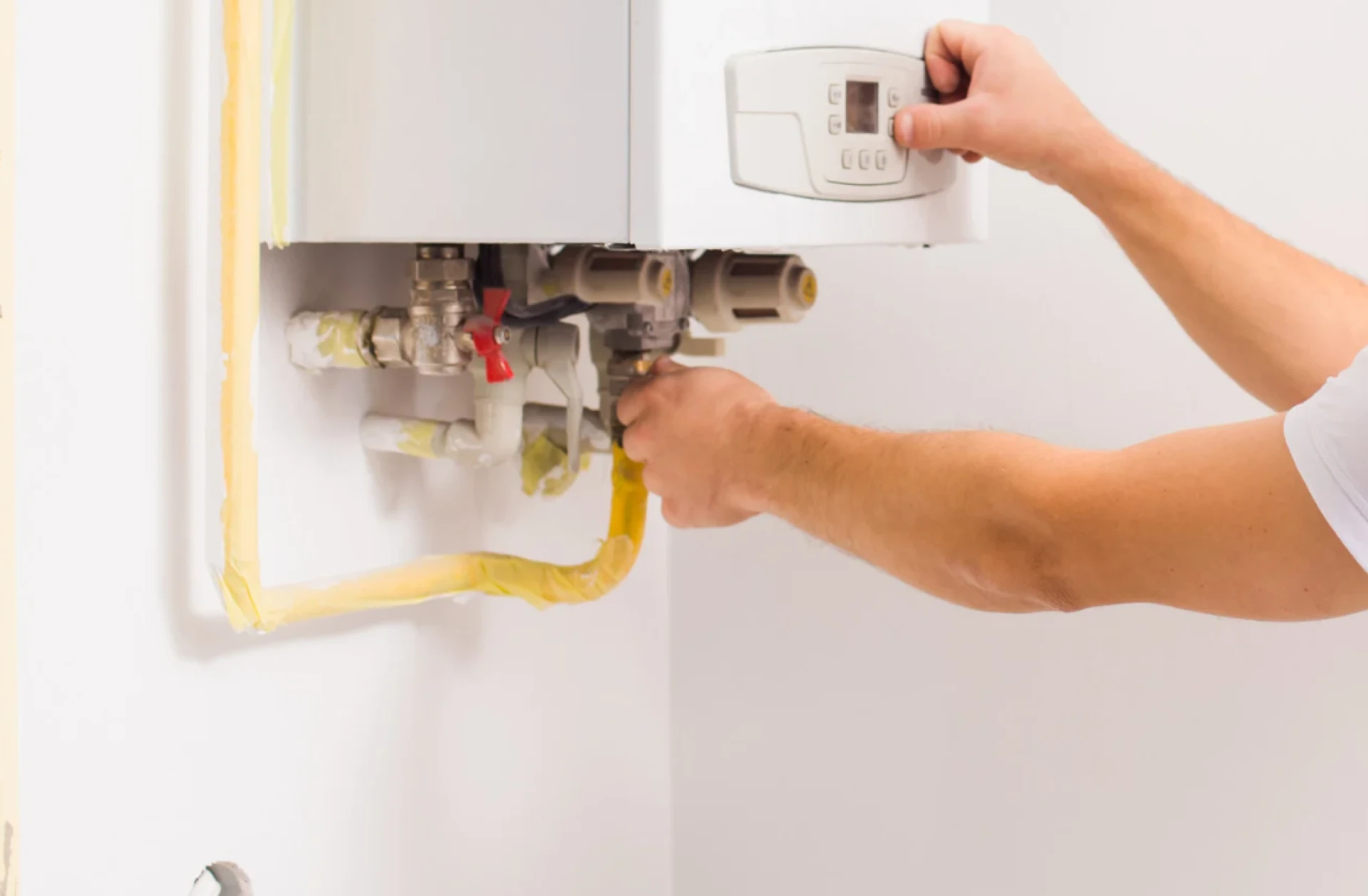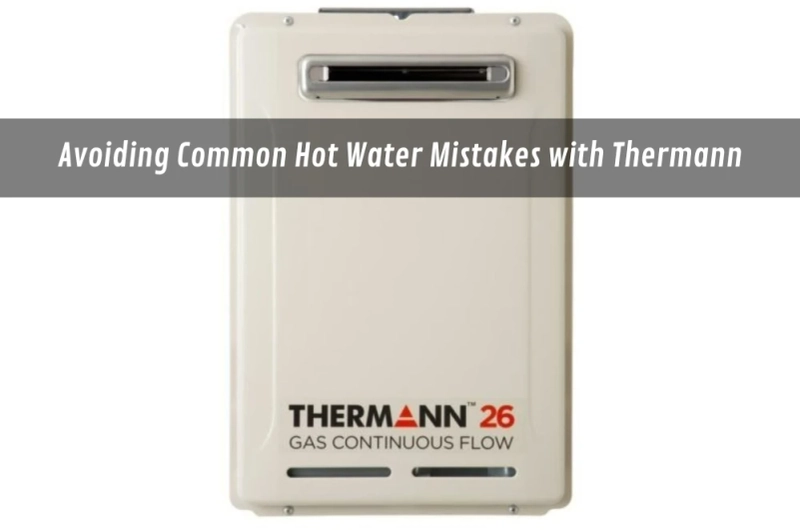If you’ve ever stepped into an unexpectedly cold shower mid-winter, you know just how vital a reliable hot water system is in an Aussie home. But with so many options on the market, it’s easy to make missteps — especially if you’re rushing into a replacement or upgrade. One brand that’s gained traction in Australian households is Thermann. But even the best systems can fall short if installed, sized, or selected incorrectly.
It’s not just about picking a name you’ve heard of — the reality is that your choice in system affects your water pressure, energy consumption, and long-term maintenance costs. A unit that’s too small will leave you running out of hot water during peak times, while an oversized system can chew through unnecessary energy. Whether you're a homeowner, a property manager, or just someone trying to keep energy bills in check, understanding the Thermann water heater range — and the common mistakes people make around hot water systems — can help you avoid headaches down the line.
Let’s break down the most frequent pitfalls and how to sidestep them.
Not sizing the system for your actual household needs
One of the biggest mistakes I’ve seen as a homeowner was assuming that “bigger” meant “better.” We once installed a 315L electric system because we had three kids — but it turned out to be completely oversized. We ended up using way more energy than we needed and paid the price on our power bill.
Tips to avoid this mistake:
- Match system size to your household’s daily usage, not future guesses.
- For families of 2–3 people, a 125–160L system is usually sufficient.
- If you’ve got solar panels, factor in their contribution.
- Don’t forget recovery rates — gas and continuous flow heaters can deliver hot water without huge tanks.
Thermann offers a wide range of systems for both small and large households, so choosing carefully can make a big difference long-term.
Ignoring energy efficiency ratings
Hot water typically accounts for around 21% of the average household energy use in Australia — and that figure spikes if your system isn’t running efficiently.
Thermann’s gas continuous flow and solar-ready models are a step up from older heaters, but if you’re just replacing your current unit without looking at energy performance, you could be missing out on serious savings.
Before you lock anything in, it’s worth checking out how different energy-saving water systems stack up — especially when it comes to efficiency ratings, rebates, and environmental impact. The government's guide breaks down which systems suit different households and what to watch for.
Overlooking installation conditions
Here’s the thing about hot water systems — they’re sensitive to where and how they’re installed.
I once made the mistake of swapping out a broken heater without checking pressure ratings or space clearances. We ended up needing additional plumbing and electrical work because the new system didn't fit where the old one was.
Avoid this by:
- Having a licensed technician inspect your site before purchase.
- Considering ventilation, drainage, and energy source compatibility.
- Asking if your installer is familiar with Thermann units — some models have brand-specific setup steps.
Local experts often provide the best hot water service tips that can help prevent these issues before they cost you extra.
Forgetting to factor in fuel type trade-offs
Many households just replace their old system with the same fuel type — but with electricity and gas prices changing, this could be a missed opportunity.
Thermann offers systems in electric, gas, solar, and hybrid options. Before settling on one, consider:
- Availability of natural gas vs LPG in your area
- Whether you have or plan to install solar
- Time-of-use tariffs for electricity
- Long-term operating cost, not just upfront price
If you're comparing options across brands, you might find this Rheem vs Thermann comparison helpful in seeing how two leading names stack up in efficiency and reliability.
Skipping regular maintenance
Even a top-tier Thermann system can run into trouble without proper maintenance. Mineral build-up, pressure relief valve failure, or pilot light issues are more common than you'd think — and most are preventable.
A basic annual checklist includes:
- Flushing sediment from the tank (if storage system)
- Testing the tempering valve
- Checking insulation on exposed pipes
- Reviewing energy usage for performance drops
A plumber once told me, “The biggest service call I get is for things that could’ve been fixed in 10 minutes six months earlier.” So, keep a calendar reminder and stay on top of your system’s health.

Thinking of hot water as a ‘set and forget’ decision
This one’s subtle but widespread: many people treat hot water like a one-time decision, not an evolving part of their home’s infrastructure. But like insulation, lighting, and appliances, hot water tech keeps advancing.
Thermann’s newer models are smarter, more adaptable, and built for efficiency — but you’ll only benefit if you stay informed. New regulations, rebates, and even climate trends (like longer heatwaves) should all shape your system strategy.
So take a step back once in a while. Are you getting the most from your system? Is it still sized right? Could switching to a different fuel or model save you money?
If the answer’s unclear, it might be time for a rethink.
Final thoughts
When it comes to hot water systems, avoiding common mistakes is half the battle. Whether you’re upgrading to a Thermann water heater or just trying to stop the weekend showers from going cold, staying informed makes a real difference.
If you’re unsure where to begin, check your energy bills, inspect your current unit, and speak with a licensed installer who knows the ins and outs of Thermann systems. Because hot water isn’t just a luxury — it’s a year-round essential.


